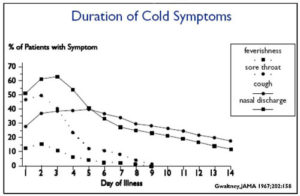Upper Respiratory Infections
When you have any upper respiratory infection – like asthma, cold, or the flu — they can affect your lungs causing inflammation and airway narrowing or obstruction. It is important to take measures to stay healthy and be aware of any symptoms, even mild so that you avoid more serious upper respiratory complications like an asthma attack.
- The common cold is caused by viral pathogens, such as rhinovirus, parainfluenza, adenovirus, RSV, and influenza.
- Bacterial rhinosinusitis complicates only about 2% of cases.
Symptoms of Upper Respiratory Infections
- Increased shortness of breath, difficulty breathing, or wheezing
- Coughing up increased amounts of mucus
- Abnormally colored mucus
- Fever (temperature over 101°F) or chills
- Increased fatigue or weakness
- Sore throat, scratchy throat, or pain when swallowing
- Sinus pressure or drainage, nasal congestion, or headaches

How to Prevent Infections that Trigger Asthma or other URI infections
- Good hygiene can decrease viral infections. Prevent the spread of infection by making sure you and your family members wash their hands regularly with soap and warm water.
- Check with your health care provider about receiving a flu shot every year. In addition, discuss the possibility of getting a pneumococcus — or pneumonia — vaccine. Pneumococcus is a common cause of bacterial pneumonia, an illness that can be particularly serious in a person with asthma.
- Sinusitis with asthma can be very serious. Be aware of the symptoms of a sinus infection and report them immediately to your asthma specialist to prevent asthma attacks.
- Keep breathing equipment clean. Do not let others use your asthma medications or asthma treatment, including your asthma inhaler, asthma nebulizer, and nebulizer tubing and mouthpiece.
Useful link: http://www.webmd.com/asthma/guide/infections-and- asthmahttp://www.cdc.gov/VitalSigns/CardiovascularDisease/index.html


